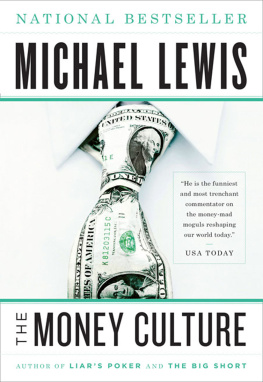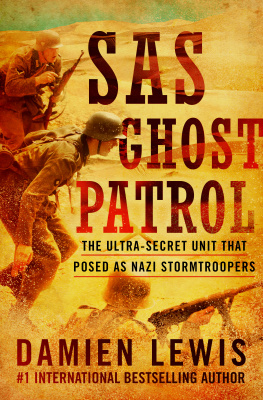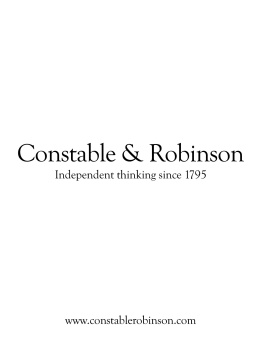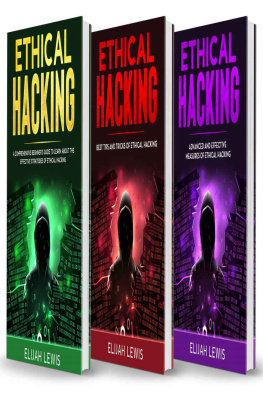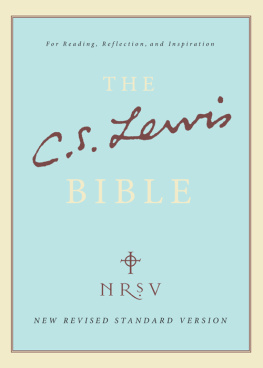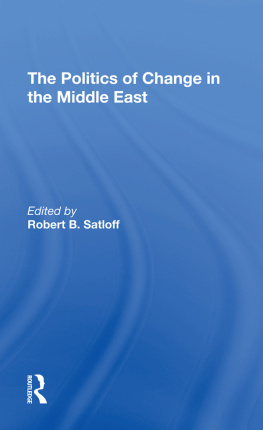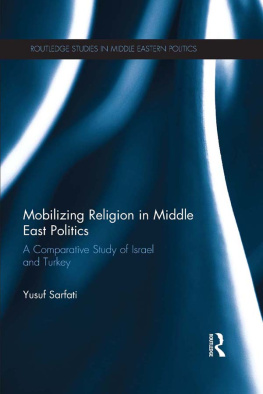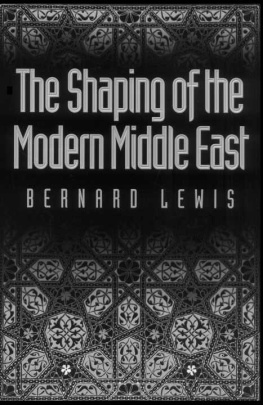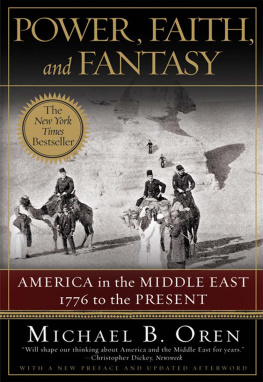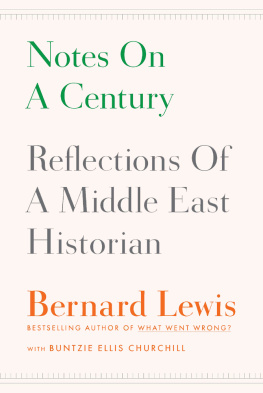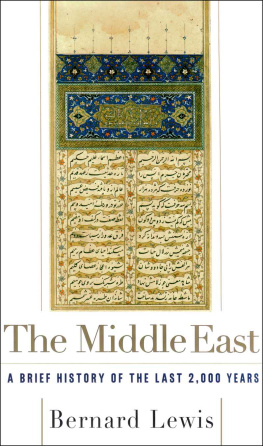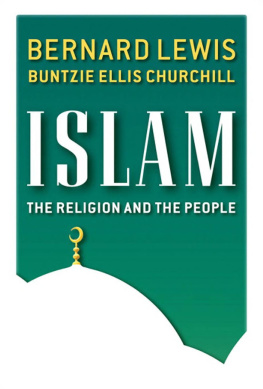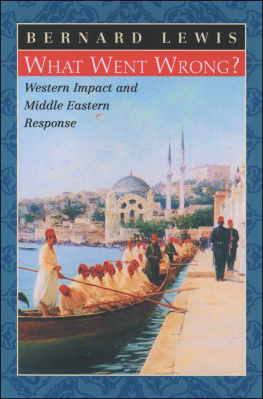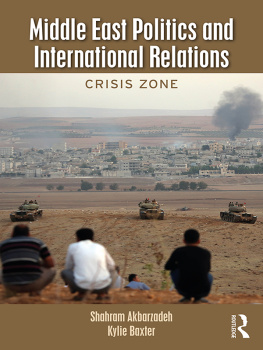Lewis - Faith and power: religion and politics in the Middle East
Here you can read online Lewis - Faith and power: religion and politics in the Middle East full text of the book (entire story) in english for free. Download pdf and epub, get meaning, cover and reviews about this ebook. City: New York;Middle East, year: 2010, publisher: Oxford University Press USA - OSO, genre: Religion. Description of the work, (preface) as well as reviews are available. Best literature library LitArk.com created for fans of good reading and offers a wide selection of genres:
Romance novel
Science fiction
Adventure
Detective
Science
History
Home and family
Prose
Art
Politics
Computer
Non-fiction
Religion
Business
Children
Humor
Choose a favorite category and find really read worthwhile books. Enjoy immersion in the world of imagination, feel the emotions of the characters or learn something new for yourself, make an fascinating discovery.

Faith and power: religion and politics in the Middle East: summary, description and annotation
We offer to read an annotation, description, summary or preface (depends on what the author of the book "Faith and power: religion and politics in the Middle East" wrote himself). If you haven't found the necessary information about the book — write in the comments, we will try to find it.
Lewis: author's other books
Who wrote Faith and power: religion and politics in the Middle East? Find out the surname, the name of the author of the book and a list of all author's works by series.
Faith and power: religion and politics in the Middle East — read online for free the complete book (whole text) full work
Below is the text of the book, divided by pages. System saving the place of the last page read, allows you to conveniently read the book "Faith and power: religion and politics in the Middle East" online for free, without having to search again every time where you left off. Put a bookmark, and you can go to the page where you finished reading at any time.
Font size:
Interval:
Bookmark:
Faith and Power
BERNARD LEWIS
Religion and Politics in the Middle East


Oxford University Press, Inc., publishes works that further
Oxford Universitys objective of excellence
in research, scholarship, and education.
Oxford New York
Auckland Cape Town Dar es Salaam Hong Kong Karachi
Kuala Lumpur Madrid Melbourne Mexico City Nairobi
New Delhi Shanghai Taipei Toronto
With offices in
Argentina Austria Brazil Chile Czech Republic France Greece
Guatemala Hungary Italy Japan Poland Portugal Singapore
South Korea Switzerland Thailand Turkey Ukraine Vietnam
Copyright 2010 by Oxford University Press, Inc.
Published by Oxford University Press, Inc.
198 Madison Avenue, New York, NY 10016
www.oup.com
Oxford is a registered trademark of Oxford University Press
All rights reserved. No part of this publication may be reproduced,
stored in a retrieval system, or transmitted, in any form or by any means,
electronic, mechanical, photocopying, recording, or otherwise,
without the prior permission of Oxford University Press.
Library of Congress Cataloging-in-Publication Data
Lewis, Bernard, 1916
Faith and Power: religion and politics in the Middle East /
Bernard Lewis.
p. cm.
ISBN 978-0-19-514421-5
1. IslamHistory 2. IslamRelations. 3. East and West.
4. Middle EastReligion. I. Title.
BP50.L48 2010
297.2720956dc22 2010000451
9 8 7 6 5 4 3 2 1
Printed in the United States of America
on acid-free paper
For Fouad Ajami
in appreciation of his scholarship,
friendship, and courage
MY THANKS ARE DUE TO THE EDITORS AND publishers of the various journals and volumes in which some of the chapters in this book were originally published.
I would also like to express my thanks to Susan Ferber and Jessica Ryan of the Oxford University Press; to my friend Buntzie Ellis Churchill; and once agian to my assistants Annamarie Cerminaro and Marci Laidler, who have all contributed in various ways to the preparation of this book.
CHAPTER 10 The Relevance of History: Transcript: Organization of the Islamic Conference, European Union, France
IN A FAMOUS PASSAGE IN THE NEW TESTAMENT, Christians are enjoined to render. unto Caesar the things which are Caesars; and unto God the things that are Gods (Matthew 22:21). In these words, a principle was laid down, at the very beginning of Christianity, that became central to both Christian thought and practice and that is discernible through out Christian history and all over Christendom. Always, there were two authorities, God and, symbolically, Caesar; dealing with different matters, exercising different jurisdictions; each with its own laws and its own courts for enforcing them; each with its own institutions and its own hierarchy for administering them.
These two different authorities are generally known in the Christian world as church and state. In the long and varied history of Christendom, the two have always been theresometimes in association, sometimes in conflict; sometimes one predominant, sometimes the otherbut always two and not one. The doctrine of the separation of the two is now accepted, in practice and sometimes in law, in most if not all of the Christian or post-Christian world.
In Islam, until comparatively modern times, such a doctrine was not only nonexistent but would have been meaningless. One can separate two things; one can hardly separate one. For a Muslim in classical Islamic times, the mosque is a buildinga place of worship and study. The word was not used in the Christian institutional sense, because there was no comparable institutionthat is, until modern changes took place under Western influence and example. In classical Islam, church and state are one and the same. They are not separate or indeed separable institutions, and there is no way of cutting through the tangled web of human activities and the authorities that regulate them; allocating certain things to religion, others to politics; some to the state and some to a specifically religious authority. Such familiar pairs of words as lay and ecclesiastical, sacred and profane, spiritual and temporal, and the like have no equivalent in classical Arabic (except to a limited extent among Arabic-speaking Christians), since the dichotomy that they express, deeply rooted in Christendom, was unknown in Islam until comparatively modern times, when its introduction was the result of external influences. In recent years, these external influences have been attacked, discredited, and weakened, and the ideas that they brought, never accepted by more than a relatively small and alienated elite, have become even weaker. And as external influences weaken, there is an inevitable return to older, more deep-rooted perceptions.
The political differences between the three interrelated Middle Eastern religions, Islam, Christianity, and Judaism, are clearly expressed in the narratives that constitute the sacred foundation history of the three. Moses led his people out of bondage and through the wilderness but was not permitted to enter the Promised Land. Christ died on the cross, and his followers were a persecuted minority until centuries later they converted a Roman emperor and entered into a long and problematic relationship with the Roman and then other states. Muhammad, the Prophet and founder of Islam, achieved worldly success during his lifetime, becoming the head of a state that was soon to grow into an empire.
As the Ayatollah Khomeini reminded us, the Prophet Muhammad founded not only a community but also a polity, a society, and a state of which he was the sovereign ruler. As such, he commanded armies, made war and peace, collected taxes, proclaimed and enforced the law, and did all those things a ruler normally does.
All this meant that from the very beginning of Islam, from the lifetime of its founder, in the formative memories that are the sacred, classical, and scriptural history of all Muslims, religion and the state are one and the same. This intimate connection between faith and power remained characteristic of Islam in contrast to the other two religions.
There are other historical differences. Christianity arose amid the fall of an empire. The rise of Christianity parallels the decline of Rome, and the church created its own structures to survive in that period. During the centuries when Christianity was a persecuted religion of the downtrodden, God was seen as subjecting His followers to suffering and tribulation to test and purify their faith. When Christianity finally became a state religion, Christians tried to take over and refashion the institutions and even the language of Rome to their own needs. For a large and significant group of Christians, Rome, not Nazareth or Jerusalem, became the center of Christendom; Latin, not Aramaic or Hebrew, its sacred language. Islam, in contrast, arose amid the birth of an empire and became the basis of a vast, prosperous, and flourishing realm, created under the aegis of the new faith, and expressed in the language of the new revelationArabic. Although for St. Augustine and other early Christian thinkers, the state was a lesser evil, for Muslims, the statethat is, of course, the Islamic statewas a necessity ordained by divine law to defend and promulgate Gods faith and to maintain and enforce Gods law. In this perception of the universe, God is seen as helping rather than testing the believers, as desiring their success in this world and manifesting His divine approval by victory and dominance.
Next pageFont size:
Interval:
Bookmark:
Similar books «Faith and power: religion and politics in the Middle East»
Look at similar books to Faith and power: religion and politics in the Middle East. We have selected literature similar in name and meaning in the hope of providing readers with more options to find new, interesting, not yet read works.
Discussion, reviews of the book Faith and power: religion and politics in the Middle East and just readers' own opinions. Leave your comments, write what you think about the work, its meaning or the main characters. Specify what exactly you liked and what you didn't like, and why you think so.

